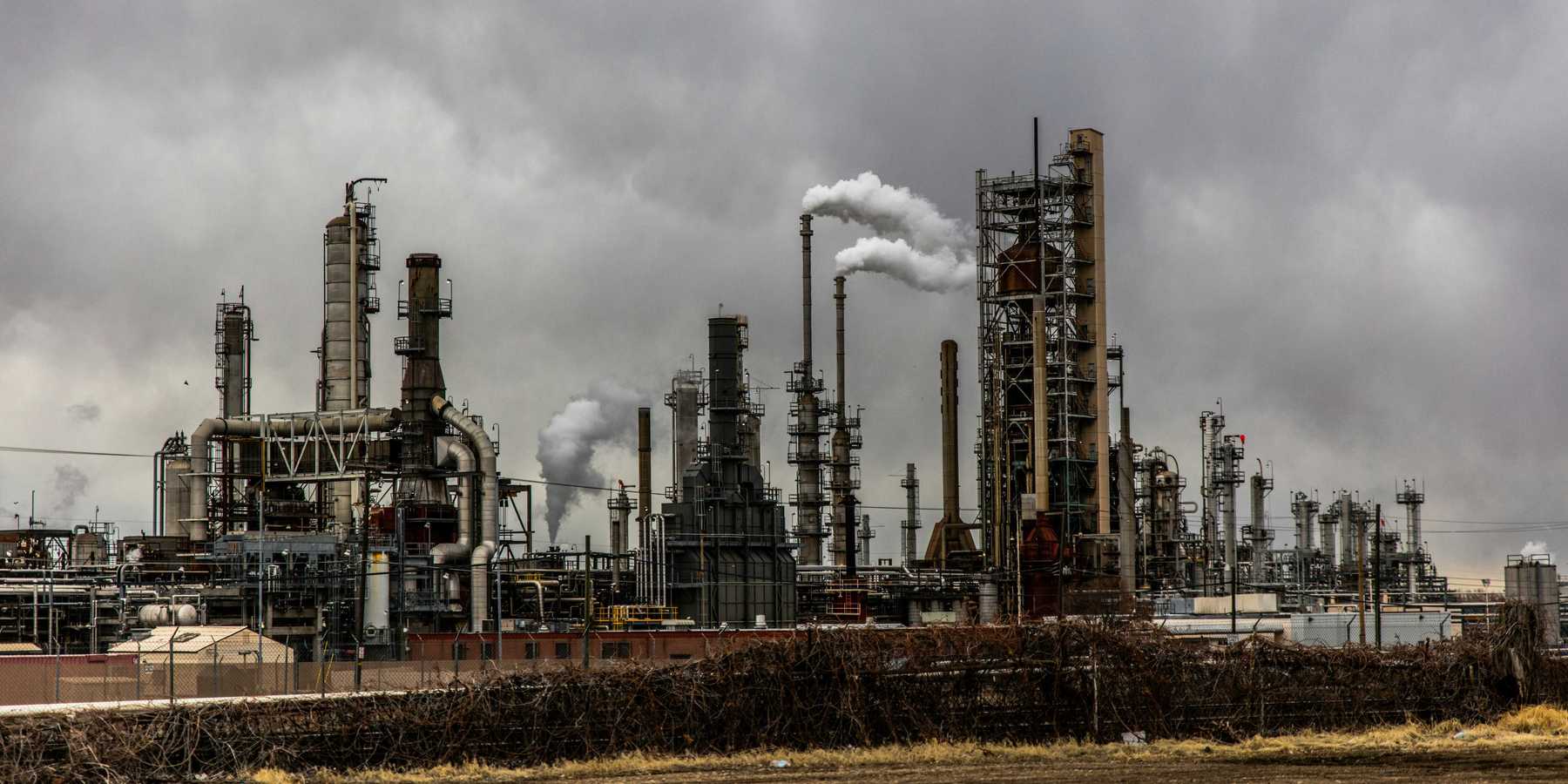
Peter Dykstra: Journalists I’m thankful for
My third annual list of the over-achieving and under-thanked.
In 2020, I unintentionally started a tradition of celebrating the Thanksgiving holiday by thanking American environmental journalists and fellow travelers who deserve to be thanked.
Last year, I did a dozen more.
So here are the third annual Clean Dozen of men and women who do (or did) their jobs extraordinarily well.
Cynthia Barnett
Author of remarkable books about water in its most indelible forms: Rain, seashells, and water crises in the U.S., especially in her home state, Florida.
Rebecca Byerly
A Force of Nature you’ve probably never heard of. A “backpack journalist” and ultramarathoner who’s traipsed through Libya and the Himalayas in search of stories about shrinking glaciers and the growing empowerment of women. This story about Kashmiri glaciers is a dozen years old, but you get the picture.
Tom Henry
Henry started warning about Lake Erie’s impending toxic algae crisis in 1993. It hit home for Henry’s Toledo Blade readership in 2014 when half a million people temporarily lost their drinking water source. I profiled him and several other prophets of eco-doom for Ensia in 2017.
Yasir Khan
So I cheated a little to include Khan, a Canadian national and Editor-in-Chief of the Thomson Reuters Foundation. They’re the charitable arm of a major news organization devoted to diversity in both staffing and content. Not bad for a former CNN intern of mine.
Jay Letto
Letto is the final third of a leadership triumvirate who guided the Society of Environmental Journalists through its successful first quarter century. If Beth Parke and Chris Bruggers, both now in well-deserved retirement, were interchangeably SEJ’s heroic Kirk and Spock, Letto continues to be its irascible Dr. Leonard McCoy, staging valuable annual conferences. May he continue to live long and (non-financially) prosper.
Michael Mann and Katharine Hayhoe
Ok, maybe not journalists, but these two have destroyed the myth that scientists working in politically contentious realms like climate science must not only avoid any discussion of the real world but be deadly dull about it. These two have led an overhaul of public science discussions, from social media and lecture halls to talkshows and courtrooms to book tours.
Miles O’Brien
The inevitable full disclosure is that O’Brien and I worked together on many a CNN project over the years and despite it all, remain good friends. His extraordinary talents in space, aviation, science, climate and environment reporting are on full display on marquee programs like Nova, Frontline, and NewsHour.
John Platt
Editor of The Revelator, a prolific news arm of the Center for Biological Diversity.
Sammy Roth and Ian James
I’m not sure which one is Batman and which one is Robin, but Roth and James have worked their way up the Western media food chain to superheroes on the water crisis. At the L.A. Times, they’ve reached ninja status on the I-Told-You-So scale.
Charles Seabrook
Seabrook served for years as beat reporter for the Atlanta Journal-Constitution. He wrote a Saturday column on Georgia wildlife for years more. His crowning achievement may have been a mostly-forgotten 1995 book, Red Clay, White Gold and Pink Cadillacs. Kaolin is the “white gold” at the heart of a ruthless billion-dollar mining industry in central Georgia.
I’m not just thankful for these people for their work and work ethic.
They make my list because they’re people I admire.
What journalists or science communicators are YOU thankful for? Let Peter know at pdykstra@ehn.org or @pdykstra.
Peter Dykstra is our weekend editor and columnist. His views do not necessarily represent those of Environmental Health News, The Daily Climate, or publisher Environmental Health Sciences.













